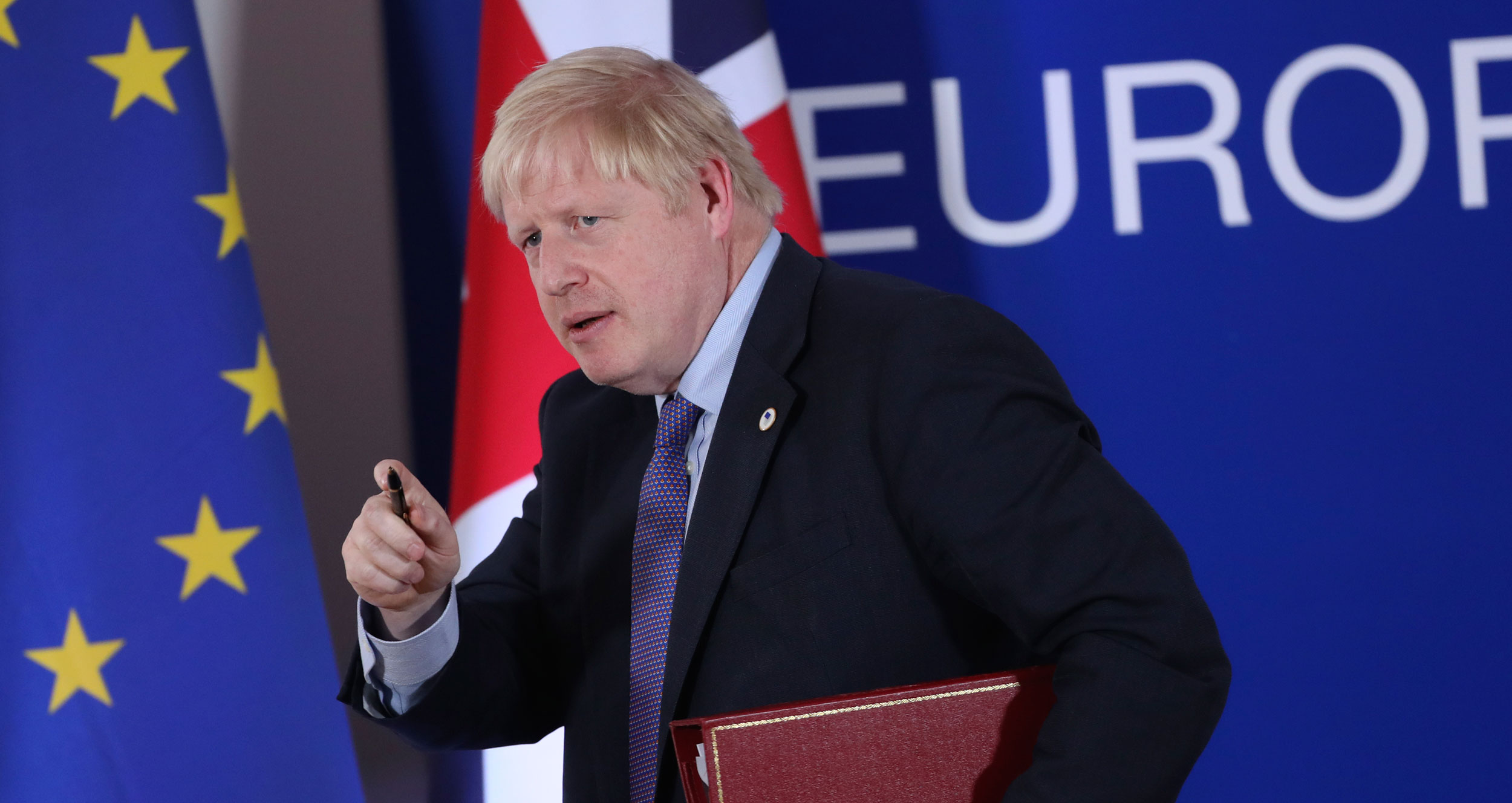Britain clinched an eleventh-hour Brexit deal with the EU on Thursday, more than three years after Britons voted in a referendum to leave the bloc, but Prime Minister Boris Johnson still faces a knife-edge vote in Parliament to get it approved.
“Where there is a will there is a deal — we have one! It’s a fair and balanced agreement for the EU and the UK and it is a testament to our commitment to find solutions,” European Commission president Jean-Claude Juncker said in a tweet a few hours before the start of an EU summit in Brussels.
He said he would recommend that leaders of the other 27 member states approve the deal.
“I believe it is high time to complete the divorce process and move on, as swiftly as possible, to the negotiation on the EU’s future partnership with the UK,” Juncker said in a letter.
Johnson, who was supposed to meet the 27 at the summit later on Thursday, declared: “We have a great new Brexit deal”.
He is hoping to get approval for the agreement in a vote at an extraordinary session of the British Parliament on Saturday, to pave the way for an orderly departure on October 31.
However, the Northern Irish party that Johnson needs to help ratify any agreement has refused to support the deal that was hammered out over weeks of negotiations.
The head of the main Opposition Labour Party, Jeremy Corbyn, said in Brussels he was “unhappy” with the deal and would vote against it. Lawmakers in his party said they had been told to vote for another referendum on Saturday.
Negotiators worked frantically this week to agree a draft compromise on the question of the Irish border, the most difficult part of Brexit, haggling over everything from customs checks to the thorny issue of consent from the Northern Irish administration.
The conundrum was how to prevent the frontier becoming a backdoor into the EU’s single market without erecting checkpoints that could undermine the 1998 Good Friday Agreement, which ended decades of conflict in the province.
The agreement reached will keep Northern Ireland in the UK customs area but tariffs will apply on goods crossing from mainland Britain to Northern Ireland if they are deemed to be headed further, to Ireland and the bloc’s single market.
The agreement scraps the “backstop”, a mechanism envisaged earlier that was designed to prevent a hard border being introduced on the island of Ireland, and would have bound Britain to some EU rules.
However, the Democratic Unionist Party (DUP), which supports Johnson’s government, said the new text was not acceptable — a step that could spur hardline Brexiteers in his Conservative party also to oppose ratification absent additional changes.
“These proposals are not, in our view, beneficial to the economic well-being of Northern Ireland and they undermine the integrity of the union,” the party said, warning that a parliamentary vote on Saturday was just the first stage in approving the deal.
Johnson has no majority in the 650-seat Parliament, and in practice needs at least 318 votes to get a deal ratified at what will be the first Saturday session since the Argentine invasion of the Falkland Islands in 1982. The DUP have 10 votes.
The British Parliament defeated similar deals struck by Johnson’s predecessor, Theresa May, three times.
“The ball again is in the British Parliament’s court ... I hope it goes through this time,” Finnish Prime Minister Antti Rinne said in Brussels. “I hope we are now at the end of this process. But there are still many doubts — for instance, inside the British Parliament.”
Johnson won the top job by pledging to renegotiate May’s agreement, though he is reviving the bulk of it now, with changes to the protocol on how to treat the border between EU member Ireland and Northern Ireland.
The uncertainty over Parliament’s approval means that the possible outcomes still range from an orderly departure to a chaotic exit or even another referendum that could reverse the entire endeavour.











